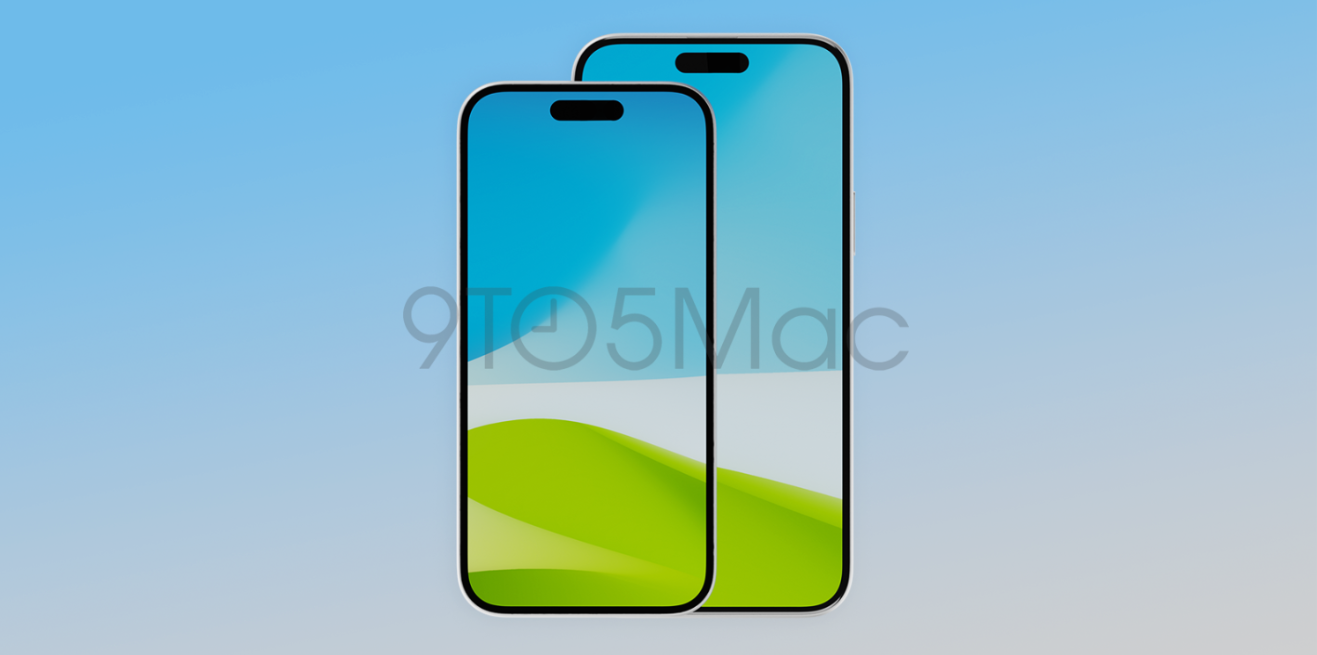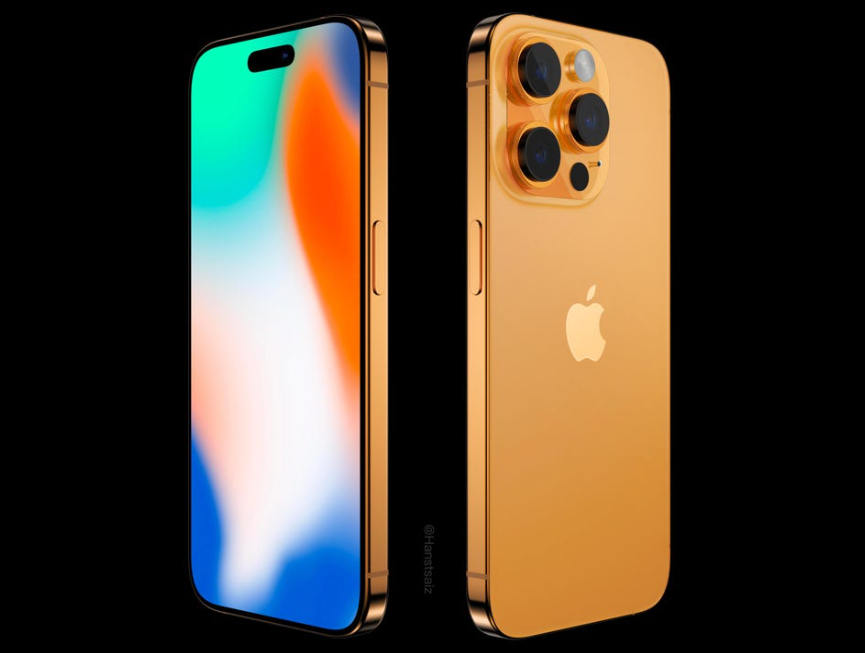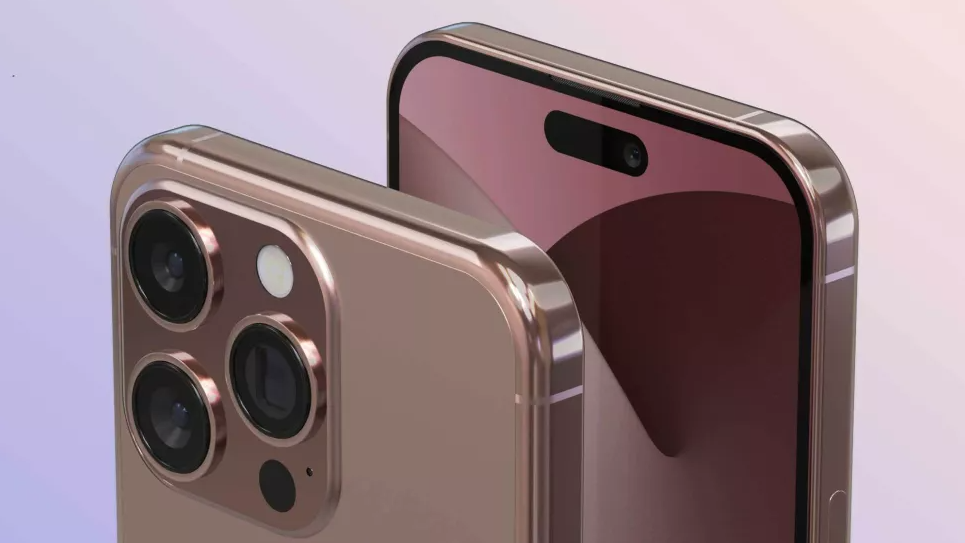Rumors of a high-end iPhone 15 Pro pair are one of the reasons for consumers to skip the iPhone 15.
If you are deciding between iPhone 15 and iPhone 15 Pro, a latest rumor will be a reason for users to choose iPhone Pro over the standard "brother".
According to analysts from Barclays, the LiDAR scanner of the iPhone 15 Pro will be increased in power and efficiency, the first upgrade since it was introduced in the iPhone 12 Pro.
Concept photo iPhone 15 Pro.
Specifically, in the most recent report, analysts Blayne Curtis and Tom O'Malley said that the current LiDAR module - designed by Lumentum and manufactured by WIN will be replaced by a module designed by Sony. design and manufacture.
At the same time, well-known analyst Ming-Chi Kuo has also announced, Apple will bring a new LiDAR sensor to this year's new iPhones. The new parts will help increase energy efficiency, Kuo said, depending on how Apple wants to regulate it.
Since the announcement, "Apple House" has not said much about the LiDAR sensor. However, before rumors that Apple will soon launch an AR / VR headset, it makes sense to improve this feature on the iPhone 15 generation.

The iPhone 15 series will all have Dynamic Island.
The upgraded LiDAR sensor won't be available on the standard iPhone 15 models, though. Like the 120Hz screen refresh rate, telephoto camera or Apple's latest chip, the new LiDAR sensor is expected only for iPhone Pro models.
Upgrade LiDAR sensor in iPhone 15 Pro
In recent iPhone generations, the LiDAR sensor has been mostly forgotten, only attracting attention to those who love AR applications. This sensor can sense depth, resulting in better depth of field in portraits.
The more powerful LiDAR sensor can deliver better portrait photography range, allowing subject separation and more detail detection. This will be a way to help the iPhone 15 Pro models "beat" the Galaxy S23 Ultra in portrait photos.

The iPhone 15 Pro pair will have more technology preferences.
At the same time, the improved performance should help the iPhone 15 Pro provide better battery life even when taking a lot of portrait shots.
At the same time, the scanner could also be the "key" to augmenting AR applications. For now, they're very handy (it's possible to find out where to place a sofa or cabinet in a room via the IKEA app) but still lack the right apps. The next generation LiDAR scanner could change that.

